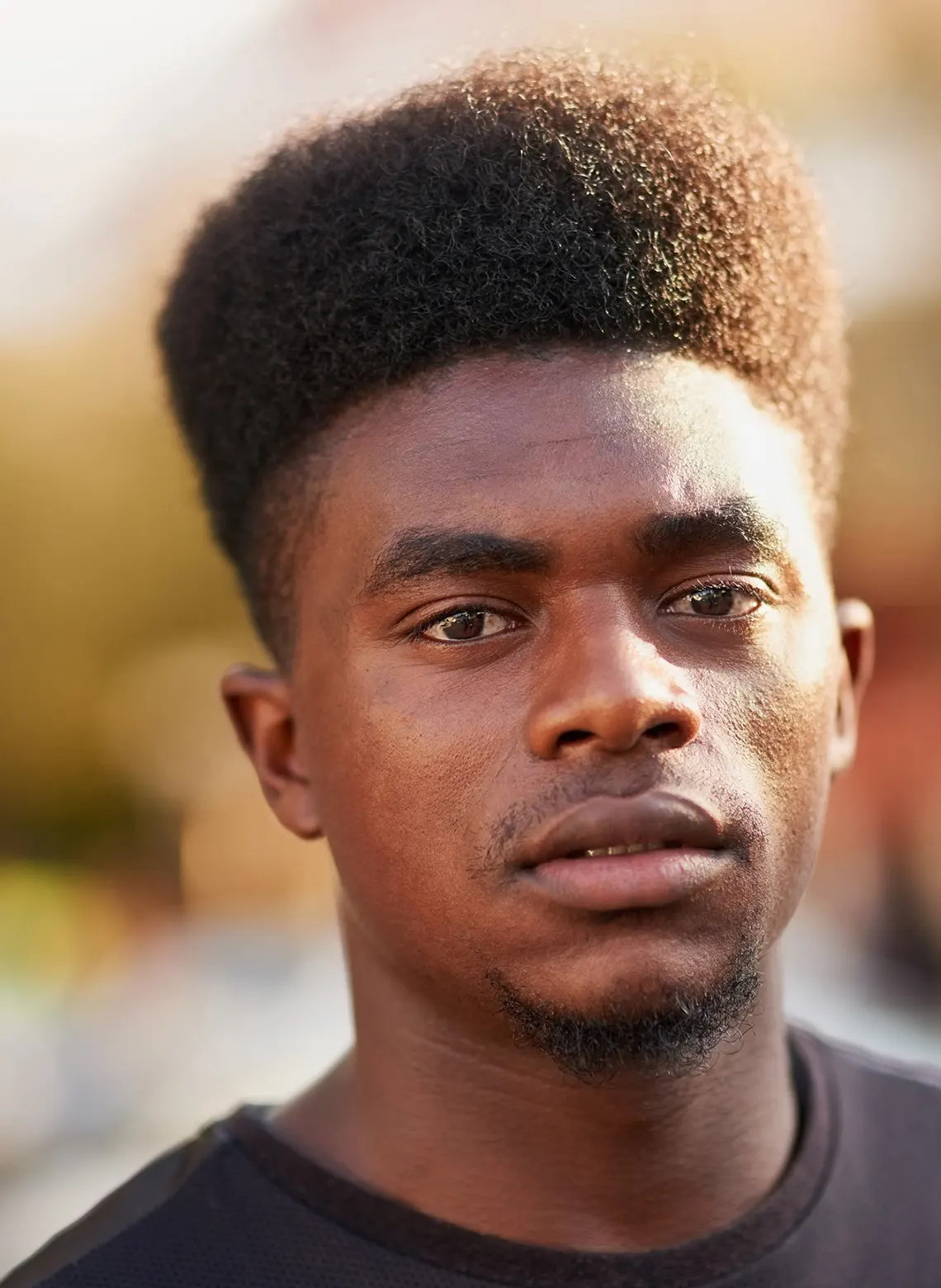Barbershops in NYC are not only locations to get a trim; they serve as crucial cultural centers that help define neighborhood identity and nurture connections among residents. These establishments have a rich heritage in city settings, acting as gathering spots where people from varied backgrounds come together. In many neighborhoods, barbershops are often the initial venue where clients can participate in discussions about community issues, exchange stories, and build relationships. This unique role makes barbers not only skilled professionals but also cultural curators who add to the social fabric of their communities.
The environment in a barbershop is often vibrant and inviting, creating a space where people feel comfortable expressing themselves. Barbers are known for their skill to connect with clients, often engaging in talks that range from athletics to current events. This engagement helps to create a feeling of belonging among clients, as they discuss their stories and viewpoints. In many cases, barbershops mirror the cultural diversity of the areas they serve, showcasing different hairstyles, grooming techniques, and even sounds that connect with the local community. This cultural exchange enhances the interaction for men's haircuts for spring all involved and bolsters community ties.

Barbershops also play a significant role in preserving cultural traditions. Many barbers have been trained in specific techniques that are passed down through generations, ensuring that unique styles and practices are not forgotten over time. For instance, certain haircuts and grooming methods may be tied to cultural heritage, allowing individuals to express their identity through their appearance. By maintaining these traditions, barbershops help to keep cultural narratives alive, providing a sense of pride and continuity for community members.
In addition to their cultural significance, barbershops often engage in community outreach and support local initiatives. Many barbers take an active role in addressing social issues, such as education and health awareness, by organizing events or offering resources to their patrons. This engagement demonstrates a dedication to the well-being of the community and fosters a sense of responsibility among barbers. By using their platforms to promote positive change, barbershops become essential players in the local area, further reinforcing their role as community curators.
In conclusion, barbershops in NYC serve as essential spaces for cultural interaction, community development, and identity creation. They provide a distinct environment where people can bond, exchange, and celebrate their diverse backgrounds. As cultural curators, barbers not only shape the way clients show themselves but also affect the broader community dynamics. By understanding the value of these businesses, we can value the vital role they play in fostering connections and preserving cultural traditions in city settings.